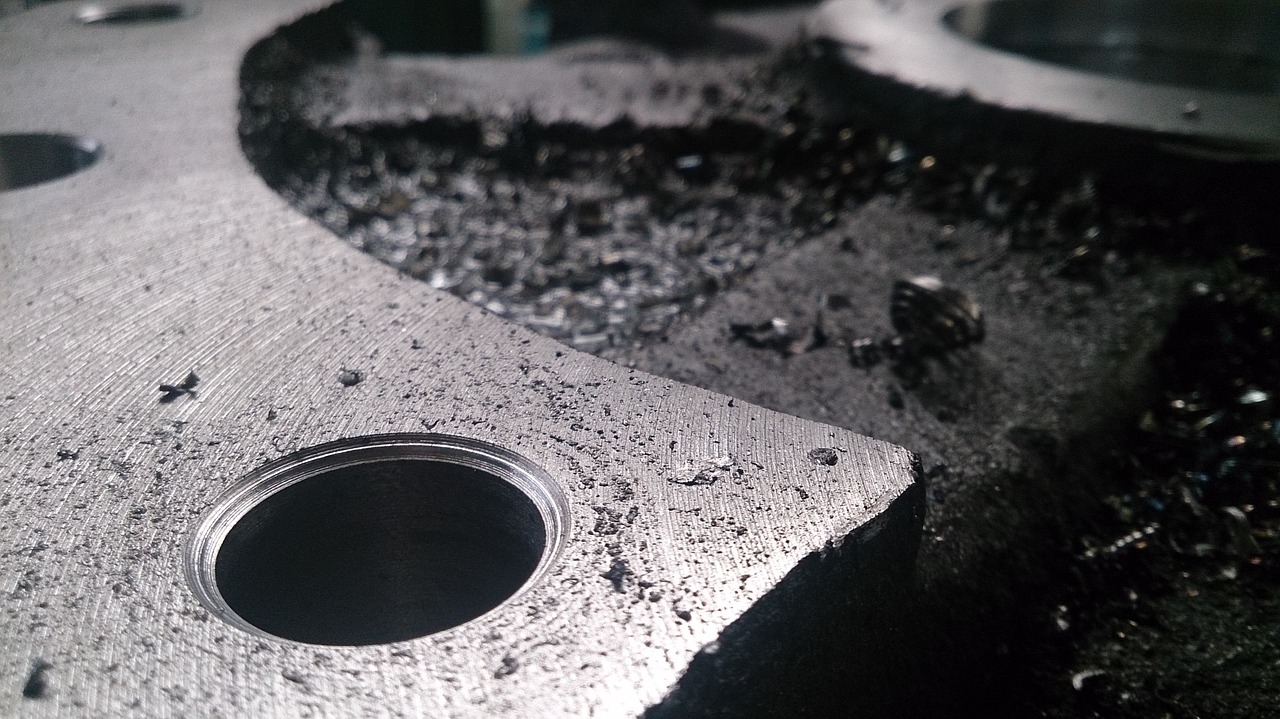Machinability of Metals

We often mention that said metal is “easy to machine” or “difficult to machine” on our alloy pages, but what is machinability really?
To answer that question, we need to first talk about machining and why it’s essential in almost every industry that uses alloys.
Machining is the process of removal of raw material, in order to produce a desired final shape. Most metal parts are built this way because it is very cost-effective and fast with the discovery of CNC (Computer Numerical Control) machines.
Which Metals Are The Easiest to Machine?
Some metals can be machined more quickly than others, which makes them a better choice for very complex parts. Luckily, most alloys that are commercially available today come with machinability ratings.
This is an estimate on how easy the said metal is to
| Type of Alloy | Material Grade | Surface Feet per Minute | Machinability Rating(%) |
| Superalloys | Inconel 718 | 20 | 12 |
| Nickel Waspaloy | 45 | 20 | |
| Stainless Steels | 17-7PH | 75 | 50 |
| 304 | 70 | 40 | |
| Carbon Steels | 1018 | 130 | 78 |
| 1215 | 225 | 136 |
As can be seen from the table, carbon steels from the 12-series are the easiest to machine, while superalloys can be very difficult to machine.
Heat treatment and machining
The hardness level is disproportionate to how machinable a metal is – the harder the alloy, the more difficult it is to machine. Tech Steel & Materials offers alloys in the annealed or normalized condition, without any heat treatment applied, which improves machinability. However, to achieve the maximum hardness of the alloy, heat treatment should still be applied after the rough machining process is done.

 Tech Steel & Materials
Tech Steel & Materials